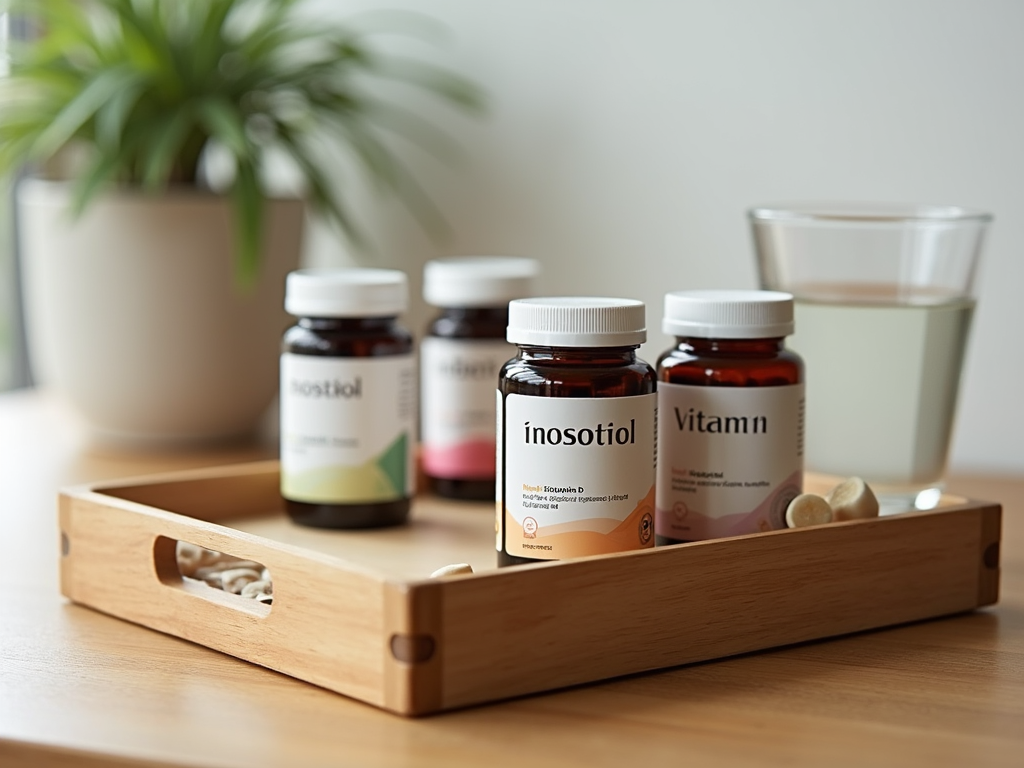Lifestyle Tips for Managing PCOS Naturally: A Comprehensive Guide
March 27, 2025, 10:59 a.m.
Polycystic Ovary Syndrome (PCOS) affects millions of women worldwide, causing irregular periods, weight gain, and even infertility. While there’s no cure, lifestyle changes can make a big difference. This guide shares effective Lifestyle Tips for Managing PCOS Naturally to help you feel better and take charge of your health.

What Is PCOS?
PCOS is a hormonal disorder that messes with your body’s balance. It often leads to small cysts on the ovaries, irregular periods, and extra hair growth. Some women also face acne, weight gain, or trouble getting pregnant—known as female infertility. Doctors aren’t sure what causes it, but insulin resistance and genetics might play a role. If you think you have PCOS, see a doctor to get checked out.
Eat Smart to Feel Better
What you eat can change how PCOS affects you. A good diet helps control hormones and keeps your blood sugar steady. Here’s what works: - Whole Foods: Load up on veggies, fruits, lean meats, and grains like oats or quinoa. - Skip Junk: Processed snacks and sugary drinks spike insulin, making symptoms worse. - Healthy Fats: Add nuts, seeds, or fish like salmon for a boost. Try keeping a food diary to see what helps you most.

Get Moving Every Day
Exercise isn’t just for weight loss—it helps your hormones too. Moving your body can ease female infertility and PCOS symptoms by improving insulin sensitivity. Aim for 30 minutes most days. Walking, biking, or dancing all count. Even a quick stretch session can lift your mood and energy.

Keep Stress in Check
Stress makes PCOS harder to handle. It raises cortisol, a hormone that throws things off balance. Try these to relax: - Breathing: Take slow, deep breaths for a few minutes. - Writing: Jot down your thoughts to clear your mind. - Nature: A short walk outside can calm you down. Less stress means fewer flare-ups.

Sleep Well, Live Better
Good sleep keeps your hormones happy. Skimp on rest, and PCOS symptoms like weight gain or infertility can worsen. Shoot for 7-9 hours a night. Set a bedtime routine—maybe read a book or listen to soft music. Keep your room dark and quiet for the best rest.

Try Natural Helpers
Some supplements might ease PCOS symptoms, but check with your doctor first. Inositol can help with insulin, while omega-3s fight inflammation. Vitamin D is another option if you’re low on it. These aren’t magic fixes, but they can support your efforts.

My Story with PCOS
I’ve lived with PCOS for years, and it wasn’t easy at first. Irregular periods and weight struggles left me frustrated. But I started small—swapping soda for water, walking after dinner. Over time, my energy came back, and my cycles got more regular. It’s not perfect, but it’s progress I’m proud of.
Track What Works
Keep tabs on your symptoms to see what helps. Use a notebook or app to log: | What to Track | Why It Matters | |---------------------|-----------------------------| | Periods | Spot patterns | | Energy | Find what boosts you | | Food | See what agrees with you | This helped me figure out that sugar crashes tanked my mood.

Wrap-Up: Take Control Today
Lifestyle Tips for Managing PCOS Naturally boil down to simple steps: eat well, move more, rest up, and chill out. These changes can ease symptoms like female infertility and boost your confidence. Everyone’s different, so tweak these ideas to fit you. Talk to a doctor for advice tailored just for you.